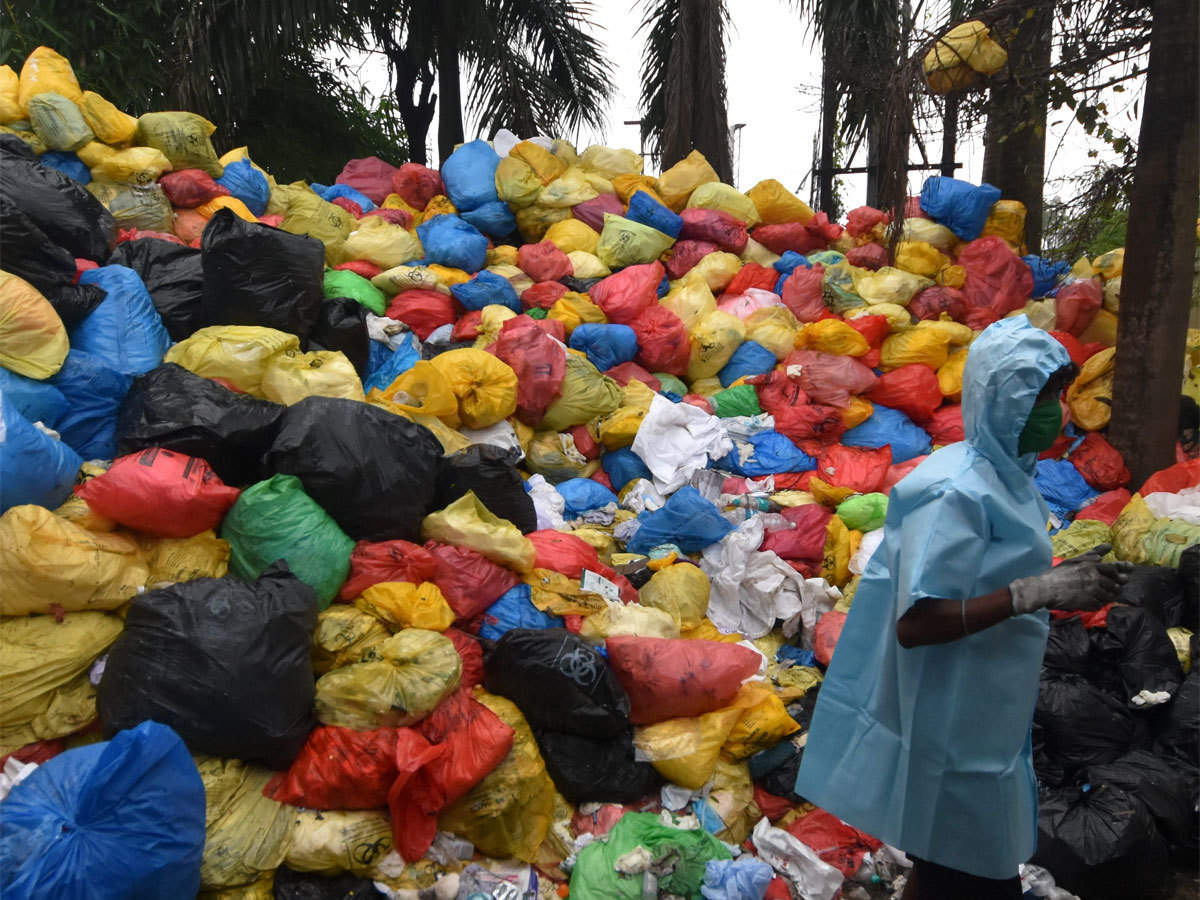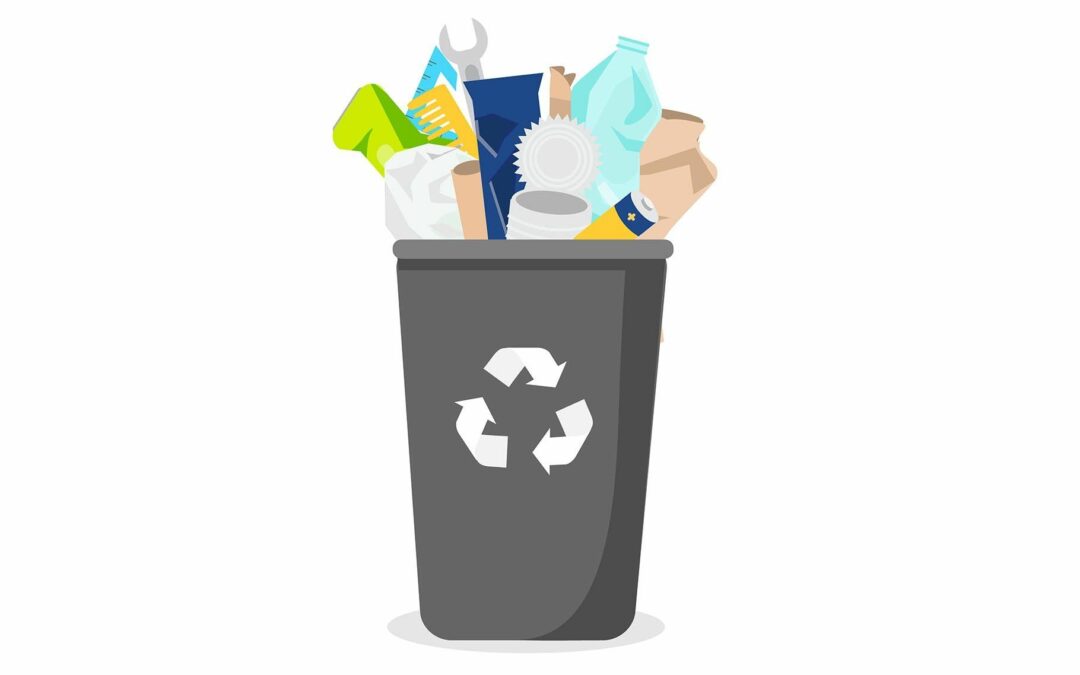We throw away items we don’t need without hesitation. Banana peels, spam mail, and used water bottles are examples. It’s a really straightforward procedure that has become second nature to us. It’s not rocket science to get rid of things that don’t work or are no longer useful to you. Fortunately, some of us go above and above by recycling and composting. Others go even further, separating dangerous household hazardous things and discarding them separately.

Hazardous Home Garbage… What Do You Mean?!
Yes, you read that right. Toxic household hazardous waste has made its way into our garbage cans at home and at work. What exactly are household hazardous waste items? For various reasons, you should not dump these goods in your home or business garbage cans. Continue reading to learn what can’t be thrown out in trash cans at home or at work.
Batteries
They’re small, so tossing them in the garbage shouldn’t be a huge issue, right? Yes, but please don’t do it! They’re loaded of metals and chemicals that shouldn’t be disposed of in a conventional landfill. These little buggers should be taken to your local household hazardous waste centre for disposal. Yes, they do exist. Keep in mind that there are a number of retail establishments that will recycle your old batteries.
Smoke Detectors
Make sure your smoke detector is replaced every ten years to keep your house secure. Ionization and photoelectric smoke detectors are the two types of smoke detectors. Smoke detectors with ionisation technology must be returned to the manufacturer. Photoelectric smoke detectors are easy to dispose of and may be found at most electronic recycling centres. Please ensure that all batteries have been removed and are properly disposed of at your local household hazardous waste disposal site.
Old Electronics
Updating your electrical devices can be a lot of fun, but what do you do with your existing plasma TV? You may either repurpose it in other rooms or sell it on resale sites such as Craigslist. There is an appropriate way to dispose of it if you are simply done with it. Putting it on your driveway to be picked up by the garbage truck? No, though that is convenient, it is not the right method of disposing of outdated devices. That old plasma TV should be brought to an electronic trash disposal facility and properly disposed of.
Compact Fluorescent Light Bulbs
They are energy efficient and save us hundreds of dollars each year on our power bills. When they’re working, they’re environmentally friendly, but when they’re discarded in our domestic garbage cans, they’re not so much. The reason for this is that they contain a small amount of Mercury, which is harmful to landfills. Mercury is a highly flammable metal that can accumulate within creatures and travel up the food chain to reach us. Mercury poisoning is life-threatening and can harm our key organs! Glass thermometers also contain mercury and must be disposed of at a household hazardous waste disposal facility.
Paints With An Oil Base

Have a half-bucket of paint left over from a recent home painting project? Donate it to a non-profit group that helps build homes or structures instead of throwing it trash. Ask your Facebook pals if they need any paint for a project they’re working on. If that fails, you can always take it to a household hazardous waste disposal facility. They’ll be delighted to take it from your hands.
Oil For Automobiles
Because it is so detrimental to our environment, it must be properly disposed of. Pour it into a clean plastic container with a tight lid, which is the only authorised way to dispose of it. You can then take it to a recycling centre and have it picked up. Did you aware that dumping motor oil down the drain can harm freshwater and fish? One gallon of motor oil is enough to contaminate one million gallons of freshwater. Please don’t put any other liquid in the motor oil container because it won’t be recyclable.
Anyone in the region interested in renting a dumpster can contact us for a free quote.

